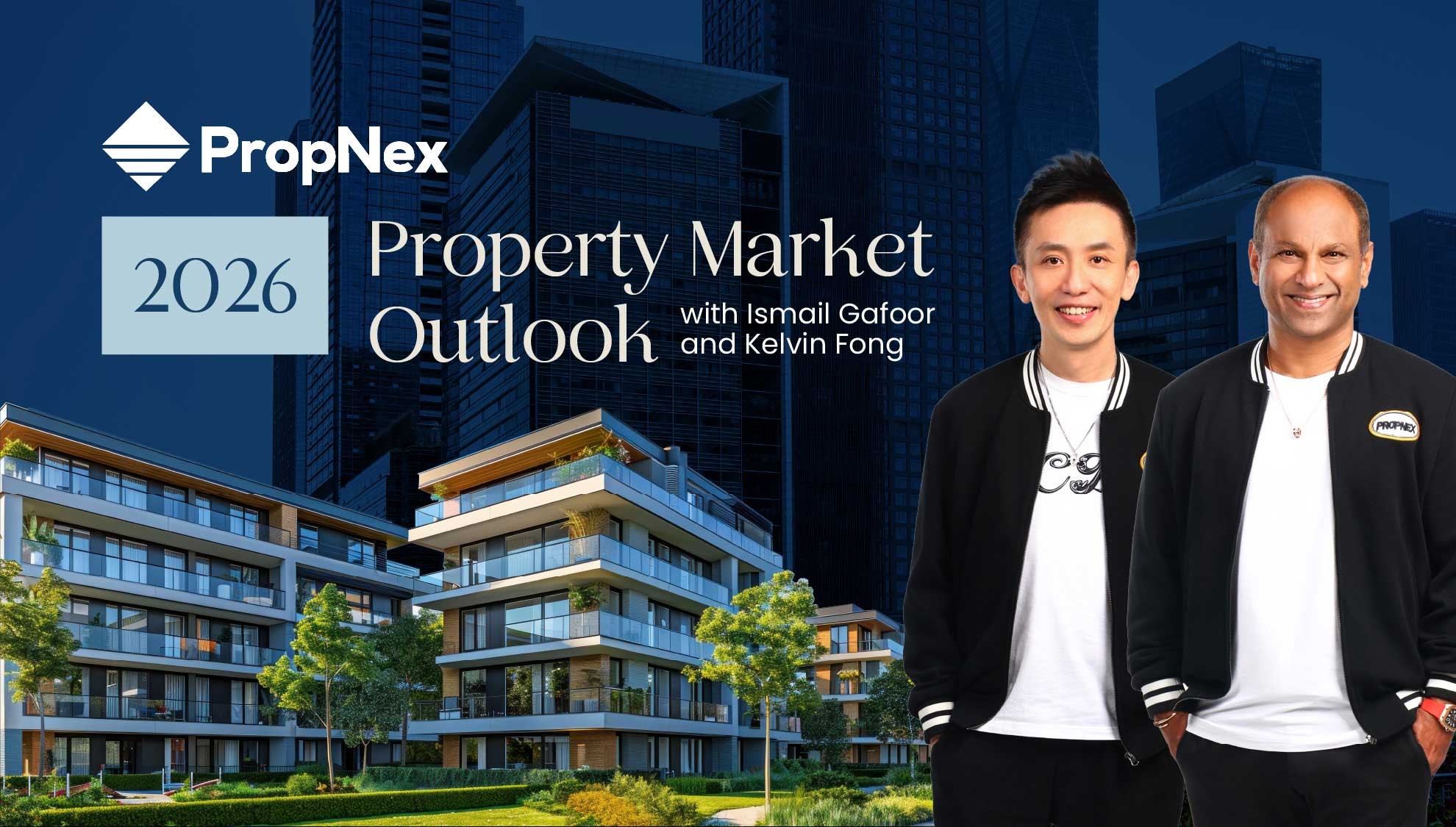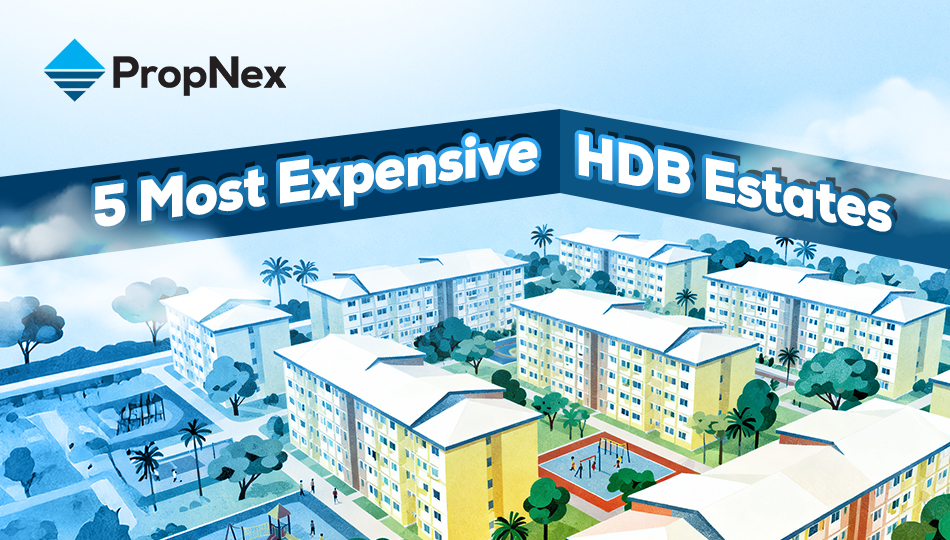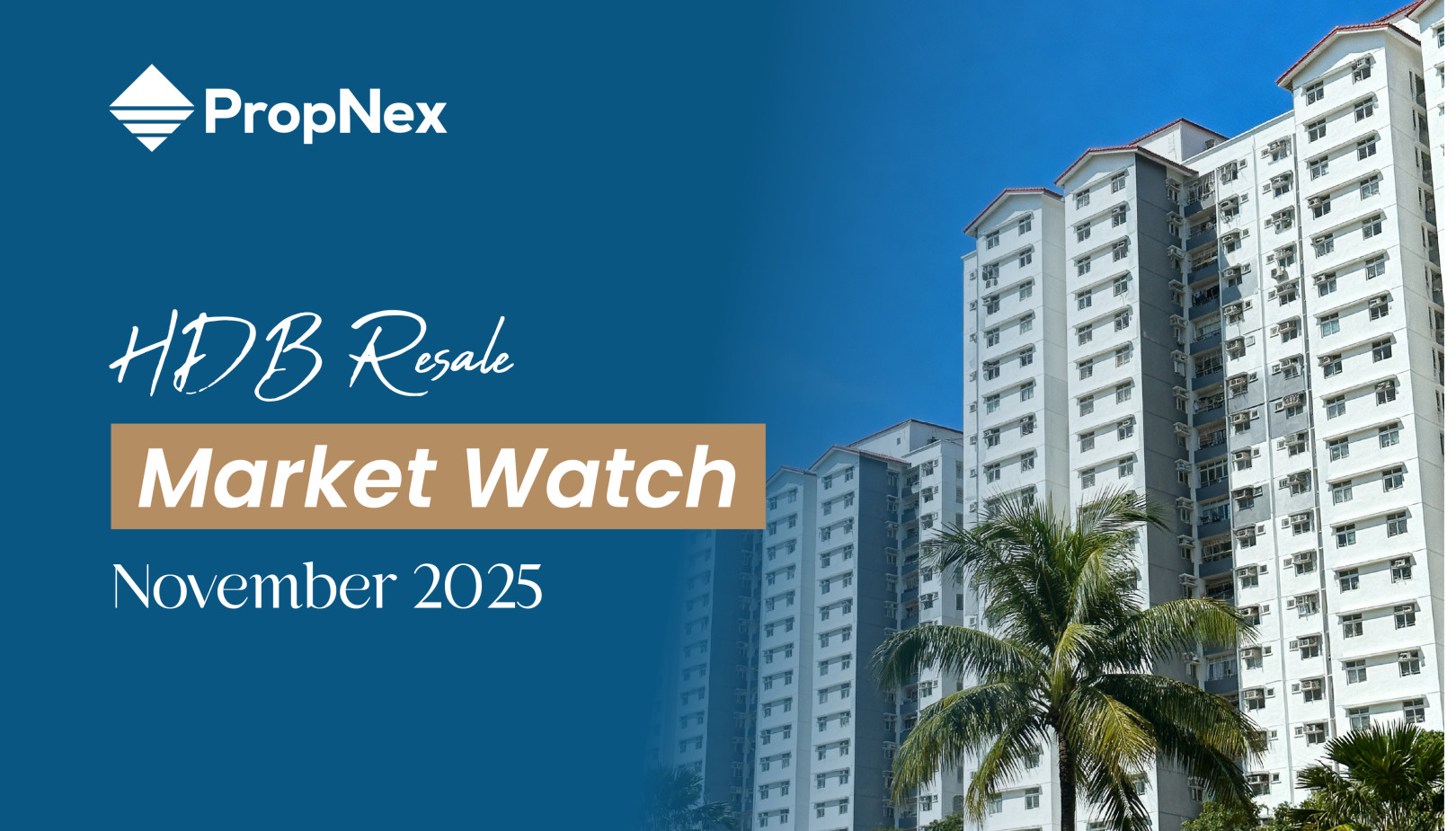3 Reasons Why Commercial Shophouses Make Investment Sense
3 reasons why Commercial Shophouses make investment sense
By PropNex Research
/PropNex%20Picks_15%20Feb%20Shophouse%20article.jpg)
Conserved shophouses – with their bold colours, wooden windows, and intricate motif decorations – are a sight to behold amid the modern Singapore cityscape. These heritage buildings continue to dazzle real estate investors and are still attracting buying enquiries despite the global pandemic.
Built in the early-1800s and mid-1900s, many of the shophouses have been refurbished and adapted for contemporary use, such as hotels, retail shops and restaurants. Their unique architecture set them apart from any other commercial properties in Singapore; in addition, there are just over 6,500 shophouses island-wide, making them a rare commodity as well.
There are different types of shophouses, from those used for commercial purpose to residential and mixed-use shophouses. May of these heritage shophouses can be found int the city in places like Chinatown, Tanjong Pagar, Amoy Street, Telok Ayer, and along the Singapore River.
Real estate investors – including high net worth individuals, family offices, investment firms - are no strangers to shophouses in Singapore, having acquired a record value of S$1.5 billion worth of such properties in 2018 via 169 shophouse transactions in 2018. Here are the three main reasons why shophouses continue to appeal to investors:
1) Wealth preservation
They are seen as a good store of value because of their heritage and limited supply which help to support pricing over the longer term. In March 2020, when world economies were coping with the COVID-19 pandemic, an investor paid S$15.2 million for a freehold two-storey shophouse at 257 Holland Avenue, which translated to S$10,108 psf on land area – the highest psf pricing based on land in 2020 so far.
In addition, the various urban renewal and transformation plans undertaken by the Singapore government should bode well for shophouses. For instance, the incentives to encourage the redevelopment of older buildings in the Central Business District (CBD) to mixed-use or integrated developments will help to inject vibrancy into the city, drawing in more crowd and benefitting city shophouses. Similarly, the ongoing rejuvenation in the Chinatown and Bugis areas will potentially benefit shophouses in those locations.
More importantly, investors do not need to pay the additional buyer’s stamp duty (ABSD) and the seller’s stamp duty (SSD) when purchasing commercial shophouses, making them more appealing than residential properties which are subject to ABSD and SSD.
2) Recurring income stream
Many investors acquire commercial shophouses to generate rental income, while a handful may buy them for own use, for example private equity firms or family offices using shophouses as their office space. Typically, the leasing demand for commercial shophouse space is strong, especially for those that are well-renovated, and in prime areas with prominent frontage. Market observations indicate that shophouses that are approved for F&B use tend to fetch better rents and prices – particularly in certain areas where the authorities no longer grant approval for the setting up of eating houses in shophouses.
On average, freehold and 999-year leasehold commercial shophouses may fetch a rental yield of 1.8% to 2.5%, while rental yield for those on a 99-year lease could range around 3%. These rental yields are more attractive than that of landed homes and good class bungalows which start from 1%. (Note: There are restrictions on foreigners buying landed residential properties on mainland Singapore.)
3) Capital appreciation
Given the scarcity of shophouses, coupled with the fact that they are usually tightly-held by owners, this asset class does present a good potential for capital gains, for example, 65 Club Street was sold in August 2020 for S$15.7 million (or S$7,538 psf on land area), booking a profit of S$12.9 million as the seller had purchased the property at S$2.8 million in 2006. Meanwhile, another shophouse – 52 Amoy Street - garnered a S$1.4 million profit when it was sold for about S$8.5 million (or S$8,933 psf on land area) in August after a holding period of about 3 years.
Prices and yields of shophouses – depending on location, land tenure, building conditions and approved uses – will vary. Conserved shophouses that are well-located, refurbished, and with approved use that are more suited to current economic conditions should see more price stability.
Based on PropNex Research’s latest market report, shophouse sales came up to a total value of $109.5 million in Q2 2020 – that’s down by 28% quarter-on-quarter (QOQ) from $152 million in Q1 2020. Meanwhile, transaction volume fell by 31.3% QOQ to 22 deals in Q2 2020, from 32 in Q1. Analysing the transactions in detail, there are good reasons for these declines and it certainly does not indicate the start of a protracted correction in the shophouse sector. In fact, market observations show that investment interest in commercial shophouses remains intact and prices are generally holding stable.
They key factors that led to a slower Q2 2020 included: fewer shophouses on sale as sellers withdraw them from the market due to the circuit breaker; the shophouses sold in Q2 were all outside the city centre and have lower prices; and travel bans affected the ability of foreign investors to view and transact properties.
Looking ahead, PropNex Research is cautiously optimistic about this segment of the market because it is still backed by strong fundamentals, especially over the mid- to long- term. In the near-term, transactions may still be slow-going due to the pandemic, but shophouse prices – particularly those in the city with freehold status - will likely be resilient with limited stock available for sale. Many owners of shophouses have strong financial holding power and are in no rush to put units on the market.
The shophouse property segment has stood the test of time and weathered previous crises. Its heritage value and scarce supply, along with Singapore’s reputation as a safe haven investment destination, should help the sector ride out this current crisis.












